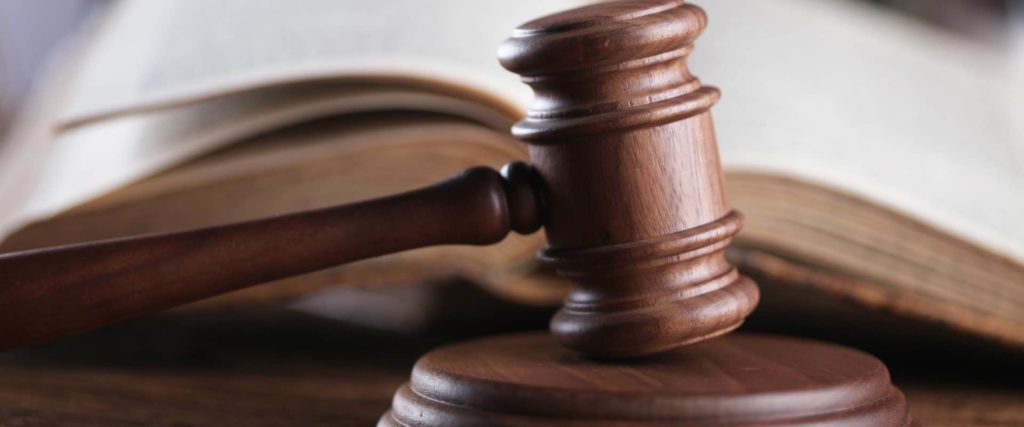Photo courtesy William Peace University
Justice Prasanna Jayawardene is no more. The immediate expressions of shock, grief and a deep sense of loss by those who knew him in person or by his reputation is a testament to the kind of public life that Justice Jayawardene led, particularly in the last three years as a judge of the highest court in Sri Lanka. I write this piece, not only as an appreciation of his contribution to the administration of justice in Sri Lanka but also as a note to those of us who are left behind so that we too may aspire to live a better life, to add to the better traditions of humanity as Justice Jayawardene did.
In his time as a judge of the Supreme Court, Justice Jayawardene readily demonstrated what I consider to be healthy attributes of a judge. He was hard working and would leave no stone unturned when he pursued a legal issue. As a result, the judgements that he wrote were well-reasoned, relied on relevant case-law, and were sensitive to judicial precedent. These judgements were also responsive to the wider social contexts in which legal disputes arose. The Chunnakam judgement is one of his better-known judgements. Perera v Min of Social Services (on rights of persons with disability) and Abeygunawardena v Ports Authority (on the public function test) are two other significant judgements. The Perera case clarified the rights of persons with disability available in Sri Lanka and cited, for the first time in a Sri Lankan case, the Convention on the Rights of Persons with Disabilities. The Abeygunawardena case is a well-written judgement which establishes that in Sri Lanka, even non-state institutions that perform public functions can be held liable under public law. Justice Jayawardene was a member of the Bench that issued the interim order on the petition that challenged the dissolution of Parliament in 2018. Justice Jayawardene, along with the justices of the Supreme Court at that time, responded to the crisis of governance of November to December 2018 with reason, within the boundaries stipulated by the Constitution and the values that inform a constitutional democracy. In his short time at the Supreme Court, Justice Jayawardena’s contribution to the development of jurisprudence was singular.
Justice Jayawardene actively invited critiques of his judgements. He was receptive to new ideas and criticisms. His public life defied the misconception that judges are insular and that they live isolated lives. He defied that misconception while upholding judicial ethics and integrity.
Justice Jayawardene was an intentional and responsive professional. His commitment to professional ethics, his deep interest in jurisprudential issues, and his commitment to giving his best to the land of his birth were consistently evident. He had a healthy sense of humour and social ease including the rare ability to laugh at himself. He brought a sense of rigour and charisma to his work, whether it was on the Bench or elsewhere. He was committed to actively encouraging the younger generations of lawyers and law students. He was happy to accept invitations to attend public events and took his role at such events seriously and with enthusiasm.
As a legal academic, I had the opportunity of interacting with Justice Jayawardene on several occasions at the Faculty of Law, University of Colombo and other professional gatherings throughout the last three years. I also had the privilege of interacting with him when he and several other Justices of the Supreme Court visited the Melbourne Law School where I was a visitor in 2018. In a short period, he won the confidence of local and international institutions and professionals. His intellectual and professional maturity and his integrity were evident in these engagements.
Justice Jaywardene’s contribution to Sri Lankan jurisprudence and the support he extended for both the profession and the academia will be cherished. In his public life, he strengthened the traditions of intellectual rigour, integrity, openness, and charisma. The example that he set gives us reason to hope that hardworking professionals who are committed to maintaining integrity will continue to emerge in our society and serve it with rigour and purpose. His career trajectory, in which he switched from banking to legal practice to that of a judge, is a reminder to us that a life that is lived with intentionality can be a life that is lived with meaning and value to society. There is no doubt that he has left us far too soon.
